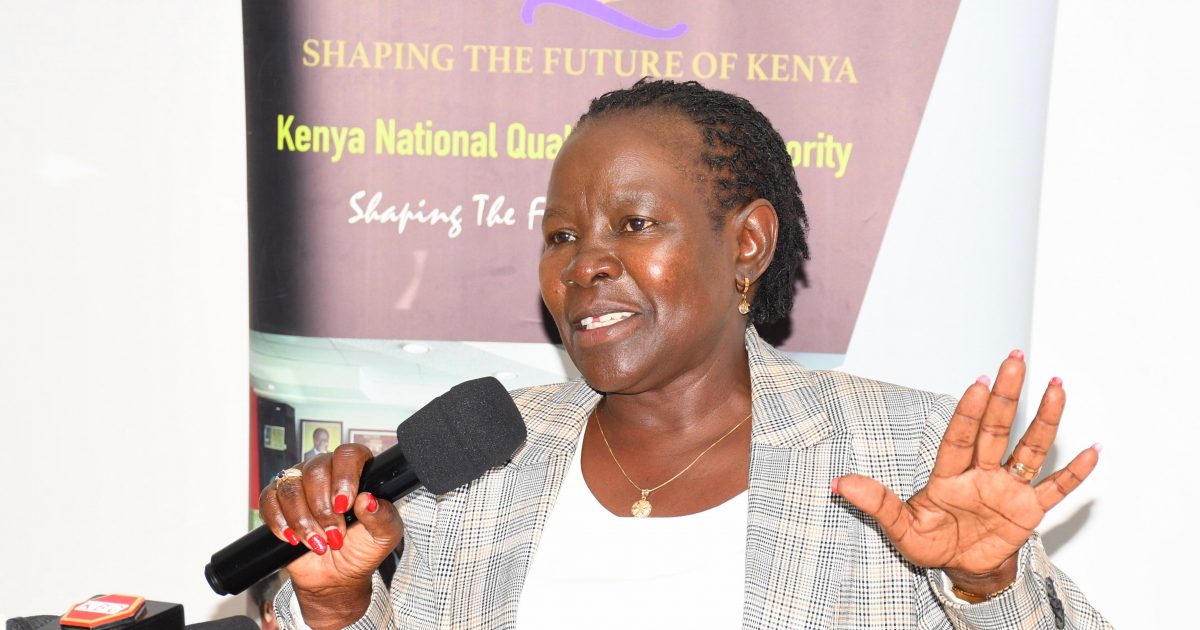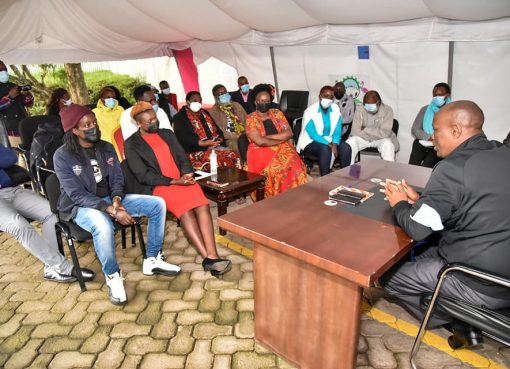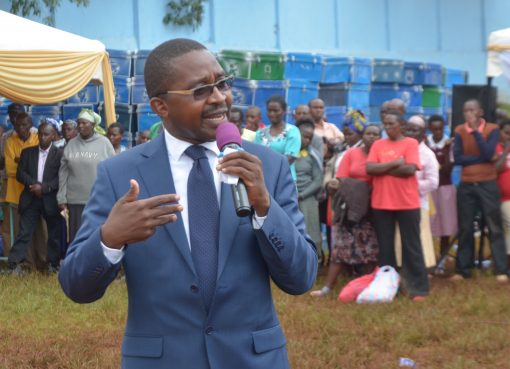State Department of Technical, Vocational Education and Training (TVET) Principal Secretary, Dr. Esther Muoria has asked the public and learning institutions to sign up with Kenya National Qualifications Authority (KNQA) for Recognition of Prior Learning (PRL) certification to secure qualifications standards and promote public confidence in national qualifications.
KNQA was set up in 2015 with a focus to support, coordinate and synchronize education, training, assessment and quality assurance of all qualifications awarded in the country, with a view to improving quality and international comparability.
Speaking during a Council Retreat held at Pride Inn Flamingo Beach Resort & Spa Mombasa, the PS lauded the Council, acknowledging that it is the governance arm of the Authority (KNQA) with leadership responsibility in ensuring organizational prosperity by collectively directing its affairs while meeting the appropriate interests of the relevant stakeholders.
The objective of the retreat is to update and build the capacity of council members to effectively and efficiently implement the KNQA mandate and functions.
The PS said that it is critical that the Council is informed of the progress attained in their partnership with the International Labor Organization (ILO) on the implementation of RPL and discuss the way forward.
Muoria noted that it is important to identify, assess and certify learners’ knowledge, skills and competencies acquired in non-formal or formal learning against prescribed standards which is what entails PRL.
“The KNQA policies and guidelines constitute a critical and essential element that provides a roadmap for day to day operations on KNQA,” Muoria said.
“As a State Department we have policies that guide the areas of training and as of now we have four institutions that are offering the RPL program and we want to ensure that we have as many as possible in the coming year,” she added.
The PS said that by the end of the five-day retreat, they anticipate different deliverables including, KNQA policies, guidelines and instruments appraised by the Council, built consensus on RPL implementation road map, Council sensitized on ILO’ Sector objectives priorities, Council Members’ capacity built on their role in Financial Management of KNQA
Acting Director General KNQA, Alice Kande said that the National Qualifications Framework (NQF) supports learners by providing a transparent overview of qualifications and facilitating coordination and cooperation across institutional and national borders.
“It is one thing to have qualifications and it is another to have certified and assured qualifications,” Kande said.
“The NQF is an instrument not only for collecting and comparing qualifications but also for activating them for societal and organizational authorization,” she added.
“The KNQA operates within the ecosystem of education and training skills in employment and the country’s critical stakeholders and ensures effectiveness of the framework hence we want to hear the employers view in terms of implementing RPL because it is an arm of the national qualification framework,” Kande noted.
KNQA Council Chair, Rosemary Njogu said that the aim of the Council is to empower students and enable them to move from one level to another and also achieve their aspirations.
She noted that the skills given to students must be relevant and globally recognized to enhance their chances at employment.
The Council is set to enhance their working relations with their partners (ILO) to help in identifying the pertinent skills that are needed to ensure they certify national polytechnics, train and assure qualified skills.
By Fatuma Said and Shamim Musa




